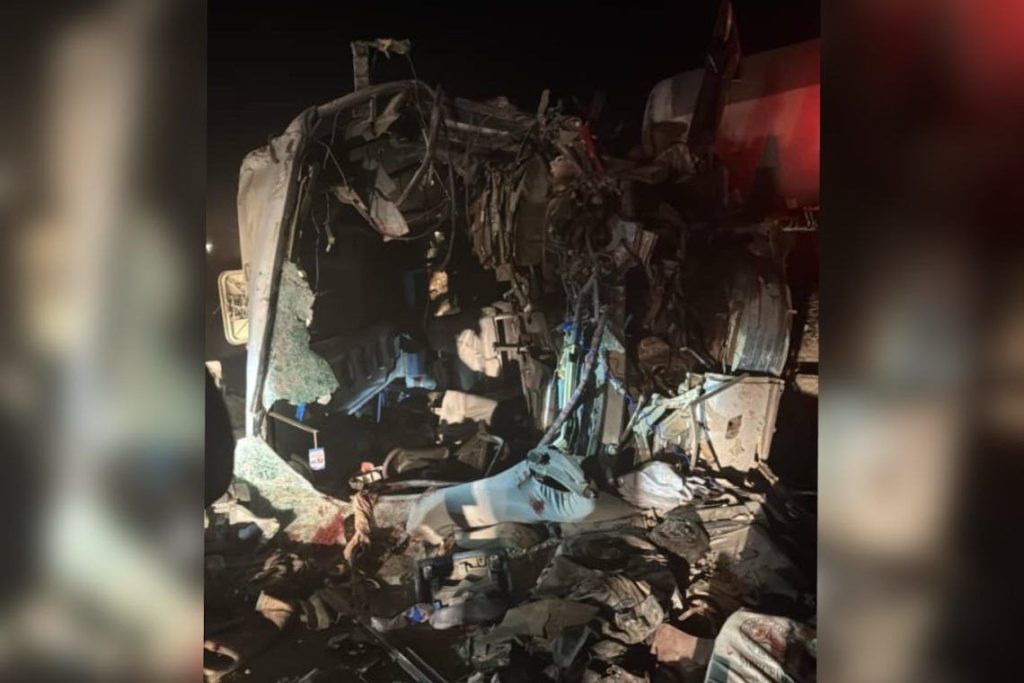David McBride, a former Australian military lawyer, has been sentenced to five years and eight months in jail for leaking documents that exposed allegations of Australian war crimes in Afghanistan. McBride pleaded guilty to stealing and sharing military secrets on the eve of his trial last year, after legal rulings sunk his defense.
Landmark Inquiry Finds Evidence of Unlawful Killings by Australian Forces
Kabul 24: McBride’s case has sparked uproar in Australia, putting a spotlight on what some say are flimsy whistleblower protections and slow progress towards prosecuting soldiers alleged to have killed with impunity under its flag. A landmark inquiry later found evidence that Australian forces had unlawfully killed 39 Afghans during the war.
McBride Motivated by Sense of Duty, Prosecutors Argue Personal Vindication
McBride admits he gave troves of documents to the Australian Broadcasting Corporation (ABC), saying he was concerned about the attitudes of commanders and what he then thought was the “over-investigation” of troops. Prosecutors argued McBride was motivated by “personal vindication”, and that the way he gathered, stored and then leaked the documents endangered Australia’s national security and foreign policy.
However, McBride’s lawyers asked for leniency, saying he shared the information with “honourable” intentions and out of a sense of personal duty.
McBride Maintained Leak was Justified in Exposing Wrongdoing
During sentencing, Justice David Mossop agreed McBride was of “good character” but said that he seemed to have become obsessed with the correctness of his own opinions. Sharing military secrets was “a gross breach of trust”, he added. McBride will be eligible for release on parole after 27 months. He has maintained that his leak was justified as it had ultimately exposed wrongdoing.
McBride’s Colourful Life and Path to Whistleblowing
Even before he became one of Australia’s most high-profile whistleblowers, McBride led a colourful life. After graduating from Oxford University with a law degree, he started his career with a stint in the British army.
Leaving after reaching the rank of captain, he then tried his hand at everything from private security to reality TV and politics, before coming full circle and joining the Australian Defence Force (ADF).
As a legal officer, he did two tours of Afghanistan in 2011 and 2013, the latter with the special forces. It was then that he began to form the impression that “a line had been crossed” by commanders. Over the next few years, and while suffering from undiagnosed post-traumatic stress disorder (PTSD) and abusing drugs and alcohol, McBride said he became more and more convinced he needed to speak up.
The Afghan Files and Allegations of War Crimes
Working late into the night at an army base near Canberra, he started covertly copying hundreds of sensitive documents, smuggling them home in a backpack over 18 months.
He tried an internal complaint first. When that failed, he went to the police and the defence minister, before turning to the press.The Afghan Files included revelations military leaders themselves had concerns about a “warrior culture” within the force, and details of how soldiers were allegedly covering up the unlawful killings of unarmed men and children – including a six-year-old boy who was allegedly shot in his sleep in 2013. Until that point, there had been very little reported about allegations of war crimes.
Aftermath and Ongoing Investigations
McBride was quickly fingered as the man behind the leak and he fled to Spain shortly before the Australian Federal Police (AFP) descended on his apartment.
After a year in hiding, McBride returned to Australia and was charged with stealing Commonwealth property, breaching the Defence Act and disclosing confidential information.Within a month, the findings of a landmark inquiry known as the Brereton report found credible evidence of unlawful killings of civilians and prisoners in Afghanistan from 2007 to 2013.
The government also set up the Office of Special Investigator to begin criminal investigations into the allegations. Only one person has been charged so far.Despite mounting pressure, the government refused to order prosecutors to drop the case against McBride, highlighting the complex and controversial nature of whistleblowing and national security in Australia.







